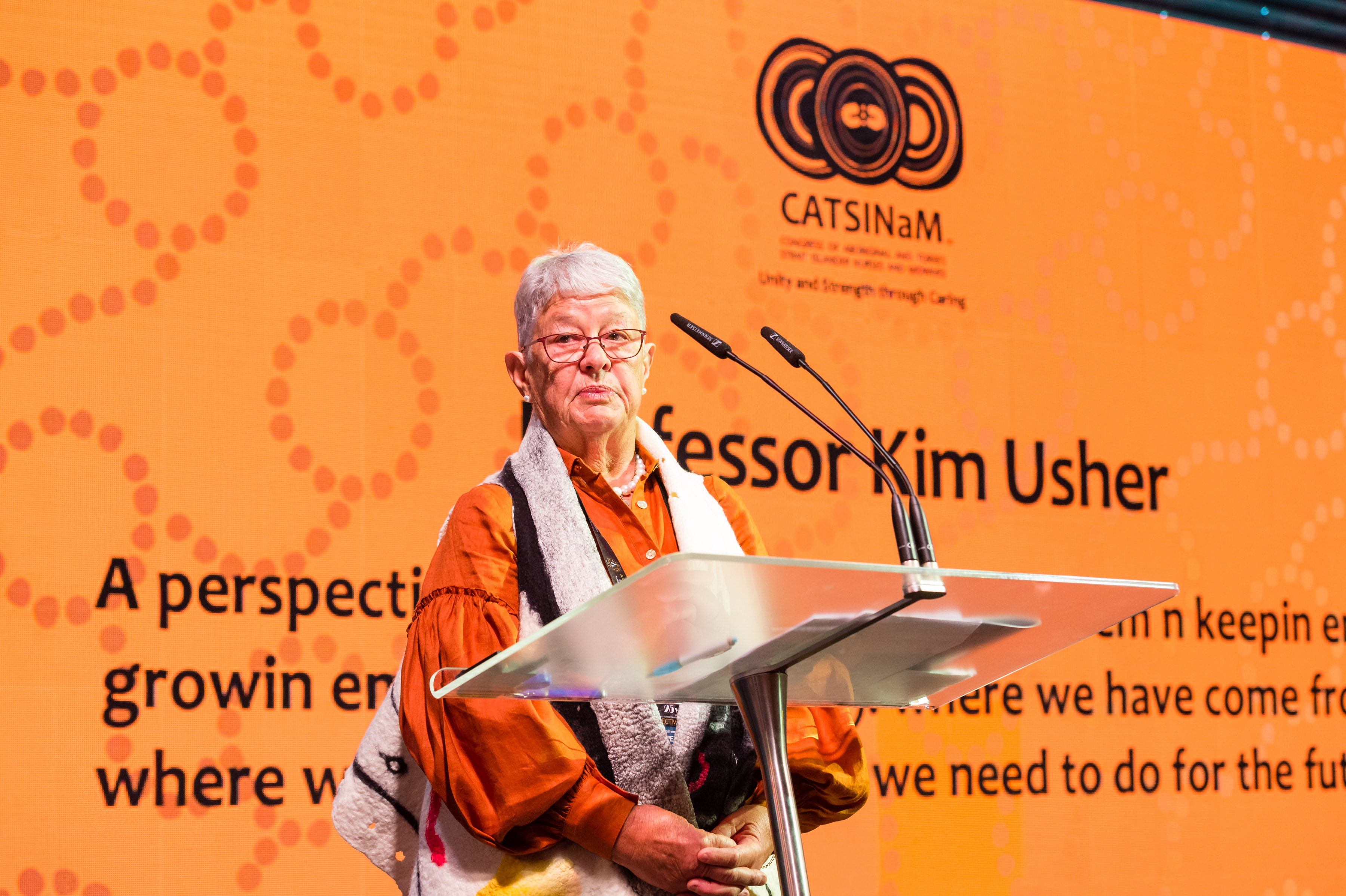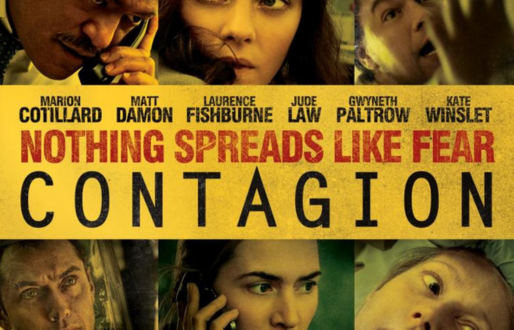Don’t talk to anyone. Don’t touch anyone.
Prepare yourself for UNE Sci Flicks' upcoming event this Thursday April 27, as we witness the spread of a deadly, fast-acting global virus in 2011 action thriller Contagion.
In what is now a familiar theme due to the global COVID-19 pandemic, UNE School of Health Professor of Nursing, Prof. Kim Usher will explore the health implications behind a world impacted by a deadly virus and the role public health plays in people’s everyday lives.
To give you a preview of what’s to come, we sat down with Prof. Usher and had a chat regarding the not-so farfetched hypothetical of a civilisation collapsing virus.

Prof. Kim Usher is a Professor of Nursing in UNE’s School of Health, Research Fellow at the Ngangk Yira Research Institute for Aboriginal Health & Social Equity, and Editor-in-Chief of the International Journal of Mental Health Nursing.
If a lethal microbe caused the collapse of society, what would that look like for health professionals around the globe?
If this scenario occurred, I doubt health professionals would be our main concern. Once a society collapses there is usually loss of control and order, loss of identity and of social complexity. A collapsed society may revert to a more primitive state or be absorbed into a stronger society. A pandemic is a potential cause of a collapse of society as are other things such as wars, invasions and mass migrations. Pandemics in the past have reshaped the world as it was; no doubt this pandemic has once again reshaped the world as we knew it. I also believe it has and will continue to reshape health service delivery and those who choose to be health care workers.
What would be the best way to survive such a lethal pandemic?
Australia is considered the best place to be if and/or when a lethal pandemic occurs. This is because we have an oversupply of energy and food compared to other countries.
What did we learn from the COVID pandemic, and what do you think the response to a deadly outbreak would be the second time round?
We certainly learned the necessity of simple measures that can be taken to reduce the spread on air-borne infections such as COVID. Mask wearing, good hygiene, social distancing all made a difference and kept the R0 lower than predicted (R0, or the basic reproduction number/rate, refers to the contagiousness and transmissibility of infectious pathogens). We also learnt how to work effectively form home, how telehealth may be a new health system of the future, the importance of vaccines, that we need to take mental health seriously, and the fact that not everyone is treated fairly in life and this is even more so in a pandemic.
The coronavirus is not going to be eradicated soon; it will be around for a while to come. For the future, it is important we set a better surveillance systems, especially ones that have global effectiveness. We also need to be aware of what causes these viruses to develop and on the lookout for possible sites where the opportunity for animal to human infection is present.
How much does one person’s health and quality of life really affect other people?
The impact of our health on others is significant. From a mental health perspective, happiness can be contagious. Happy people are more likely to connect with others, be more mindful and helpful to others. When people are unwell, they are less likely to feel happy and this will ultimately affect others nearby.
There are no reports of people being biologically immune to getting the novel coronavirus. But is it possible to gain immunity from such viruses after recovering from them?
It is really too soon to know. We do know that having the virus does give us some short term immunity but that is only for a small window of time such as up to about 28 days. However, it does not necessarily help after that time or when a new variant of the virus arrives.


